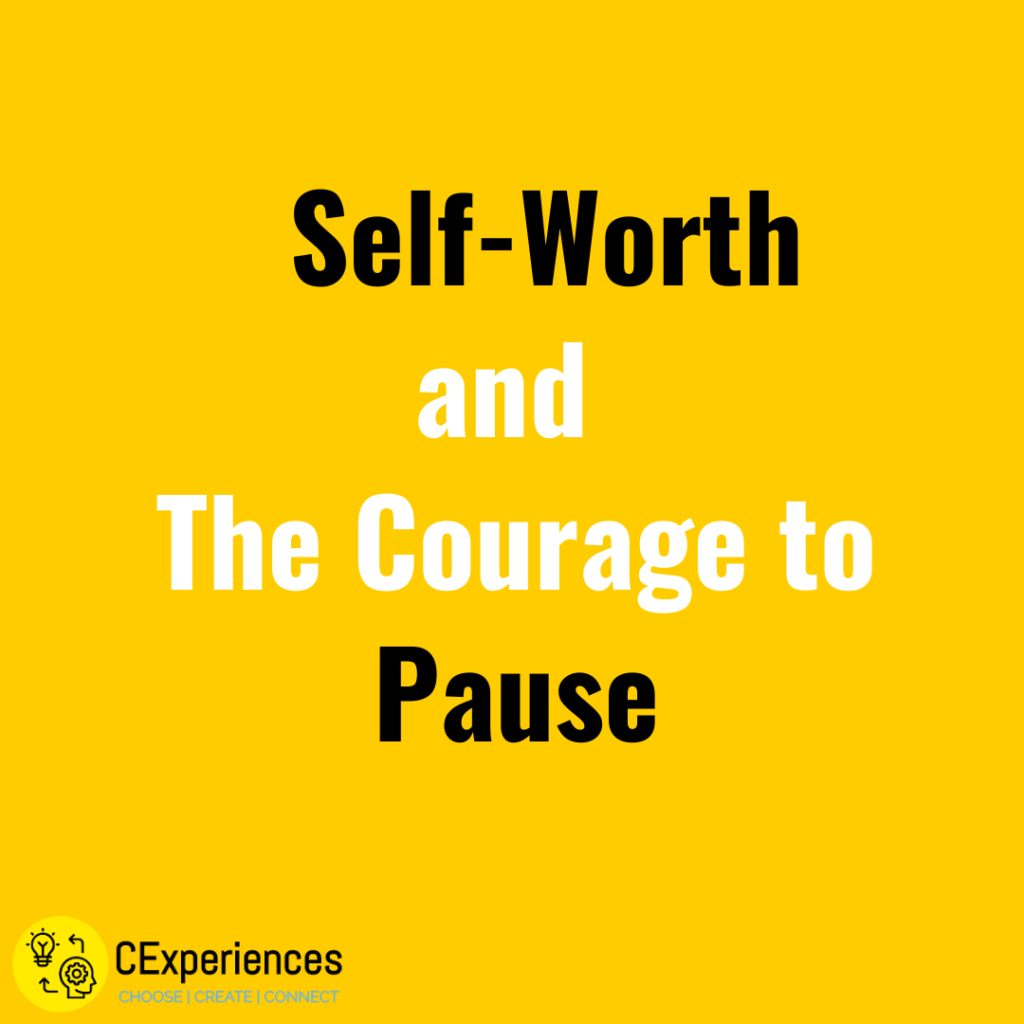#17 One Powerful Technique to deal with Frustration / Resentment / Anger
“A moment of patience in a moment of anger saves you a hundred moments of regret.”
You might be experiencing some changes in your life right now…
It might be a change in your relationship, a change in your friendship, a change in your career, a change in your financial situation, a change in your health, a change in your energy level, a change in your family, a change in your emotions, a change in border restrictions or social isolation that has disrupted everything you have planned for your life, work or traveling…
Whatever that is, you are not used to it, it feels different, you feel uncomfortable but don’t know what to do about it or may find other ways to avoid or suppress the feeling (e.g. drinking, emotional eating, smoking, shopping, addiction etc), you feel that you ‘should’ do something about it but feeling stuck, unmotivated and don’t know how to move on; you feel that other people ‘should’ understand you better and just simply follow what you expected them to do; you feel disappointed, frustrated or even feeling resentful about it.
Basically, the reality turned out painfully different from how you want it! Everything is messed up!
(Or you might say “EVERYTHING IS F@*ked UP!!!”)
I know… it was a painful experience and you want to get out of this trap desperately.
In the heat of the moment, keeping your temper or negative emotions in check can be challenging. you got frustrated with yourself and with others around you and it can take a toll on both your health and your relationships.
But paradoxically, the only way out is THROUGH.
HOW???
Cyndi, what do you mean?
The GOOD NEWS is that I have lots of practical tools, proven methods and effective techniques that I would love to share with you to help you deal with frustration, resentment, anger or any negative emotion in your life. I have seen the results in myself and in my clients and I genuinely want to help you as well!
You can simply get started with just 1 powerful technique!
Just one technique? Seriously?
YES! 1 POWERFUL TECHNIQUE you can learn and apply NOW is called “Find your P.A.T.H.” so you can RESPOND to the situation wisely instead of REACT to it unconsciously.
In the heat of the moment or when dealing with changes in life,
Find your P.A.T.H. (Pause, Accept, Think, Help)
Pause
“Come from a space of peace and you’ll find that you can deal with anything.” – Michael Singer
Just pause for a moment, take a few deep breaths in and focus on your breathing as you breathe in and out.
I know that you don’t want to say something you’ll later regret, so just take a few moments to collect your thoughts before saying anything — and allow others involved in the situation to do the same.
CExperiences Practical Exercise: Daily Meditation
Listen to my Guided Meditation “Body Scan Mindfulness Mediation” or “Loving Kindness Meditation” to practice finding your inner peace.
Accept
“Change is never painful, only the resistance to change is painful.” – Buddha
Accept that change is normal and inevitable in life, but it’s only temporary. The feeling you’re experiencing now will pass. It’s a normal body reaction. There are no good emotions or bad emotions, they are there for a reason.
But life is 10% what happens to you and 90% how you react to it. So instead of dwelling on the things that you can not change, ask yourself this 1 important question “Is this in my control or out of my control?”
If it’s in your control, what can you do about it?
If it’s out of your control, learn to accept it. Just flow with it, be patient, and be grateful for what you have. Better days are on the way.
CExperiences Practical Exercise: Daily Gratitude
- Every morning after you wake up, think of 3 things you’re grateful for in your life or at work.
- When facing changes/challenges during the day, think of 3 things you’re grateful for at that moment. When you’re grateful for what you have, you have everything you need.
- Before going to bed at night, think of 3 things you’re grateful for for the day. You can say them aloud to yourself, express with gratitude with your loved ones or write them down on your journal.
More Gratitude Practice Exercises – Access here.
Think
“There is nothing either good or bad, but thinking makes it so.” – William Shakespear
• What’s happening?
• What am I reacting to?
• What am I thinking and feeling?
• What are the words that my mind is saying?
• Is this a fact or opinion?
• What’s the bigger picture?
• Is there another way of looking at it?
• What would someone else see and make of it?
CExperiences Practical Exercise: Daily Self-Worth Exercise
Take 1 daily Self-Worth Building Exercise to learn how to look at things or situation from a fresh and different perspective, how to have growth and adaptive mindset, learn more tips, techniques and strategies from Cyndi so you can keep building those self-worth synapses in your brain to increase your self-worth and critical thinking skills.
More Self-Worth Exercises – Access here.
Help
“We know you’re strong, but it’s okay to ask for help. Accepting help is its own kind of strength.”
• What is best thing to do right now?
• Best for me, for others, for the situation?
• What resources can I draw on and what else do I need?
• Who can I reach out to and ask for help?
CExperiences Practical Exercise: Write down your HELP list and CONTACT List
If You Are Having Trouble Thinking Of Ways To Help Yourself, Try One (Or A Few) From This List:
Address Your Basic Needs
• Drink a glass of water.
• Take a nap.
• Take a shower or bath.
• Eat a healthy snack.
• Have enough sleep.
Process Feelings
• Journaling.
• Draw/Paint how you’re feeling.
• Make a gratitude list.
• Punch a pillow.
• Let yourself cry.
Mood Boosters
• Read the story of someone you admire
• Watch a funny YouTube video
• Get active – go out for a walk, run, dance or just move your body the way you like it!
• Play with an animal
• Watch a movie you loved when you were younger
• Reorganize your room
• Make a list of places you want to travel
Problem Solving
• Make a list of solutions to problems – it can help to brainstorm with a friend of family member.
• Make a list of your strengths.
Volunteering/Acts of Kindness
• Do something nice for someone you know.
• Help a stranger.
• Volunteer your time.
Ask for Help
• Text a friend.
• Ask someone to just sit with you.
• Call a family member or a friend.
• Talk to someone you trust.
• Join like-minded groups and connect with positive supportive people (You can Follow our ‘CExperiences’ Facebook page, Instagram, Meetup and join our FB private group ‘CExperiences Tribe’ )
• Seek Professional Help. Ask Cyndi and see how she can help you.
Next time, when you’re feeling frustrated, angry, resentful or experiencing any negative emotions, how do you RESPOND to it?
Find your P.A.T.H.!
If you like this “Find your P.A.T.H. (Pause, Accept, Think, Help)” Technique and want to find out more, take the CExperiences Self-Worth Accelerator Online Course to learn anywhere, anytime NOW!
Have questions?
Book a chat or Email me to see how I can help you.
Cyndi Liang is the certified Results Coach and qualified NLP Practioner, she offers 1-1 coaching, group coaching, workshops, online courses and also lots of practical tools, effective techniques and strategies to help you create FAST and LASTING RESULTS.
“No matter what you want to achieve, it’s a well-known fact that you’ll always get there faster with support.”
Reach out anytime, anywhere. We’re here for you!

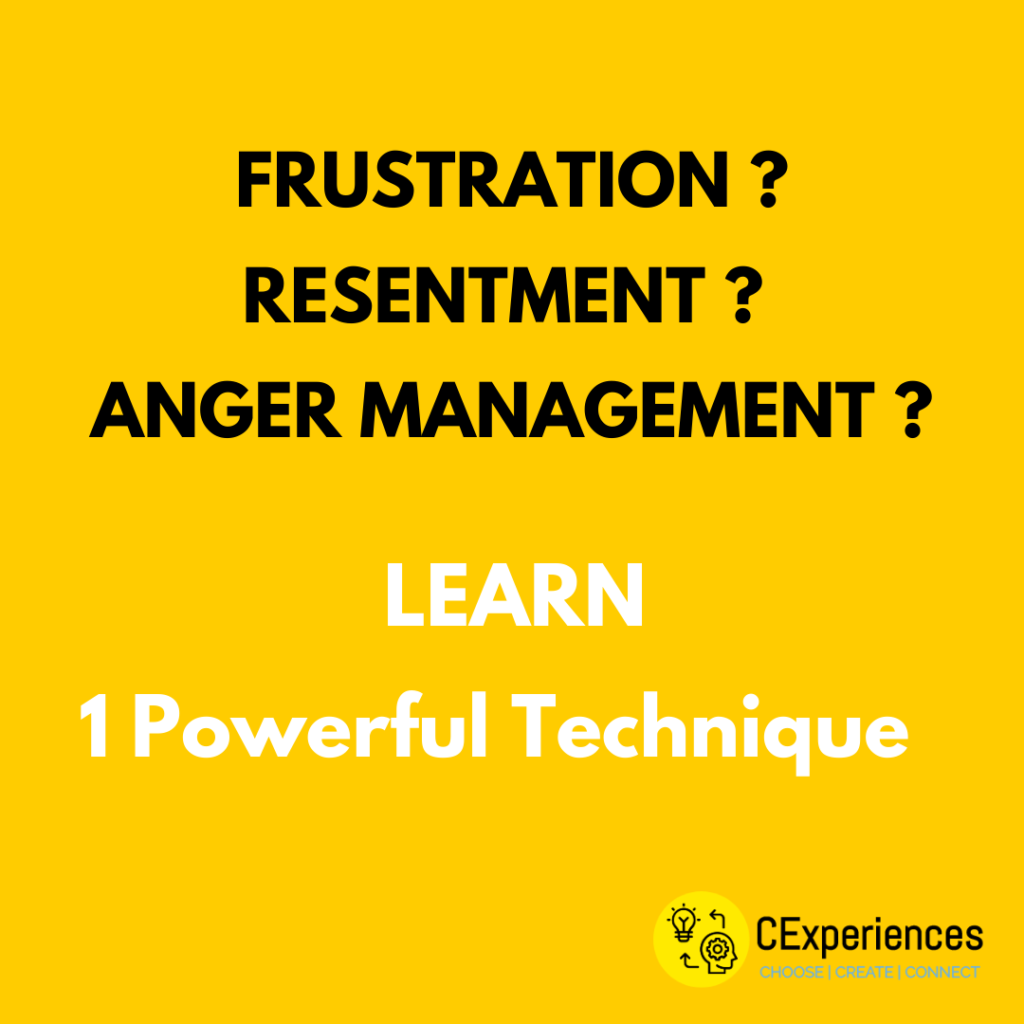
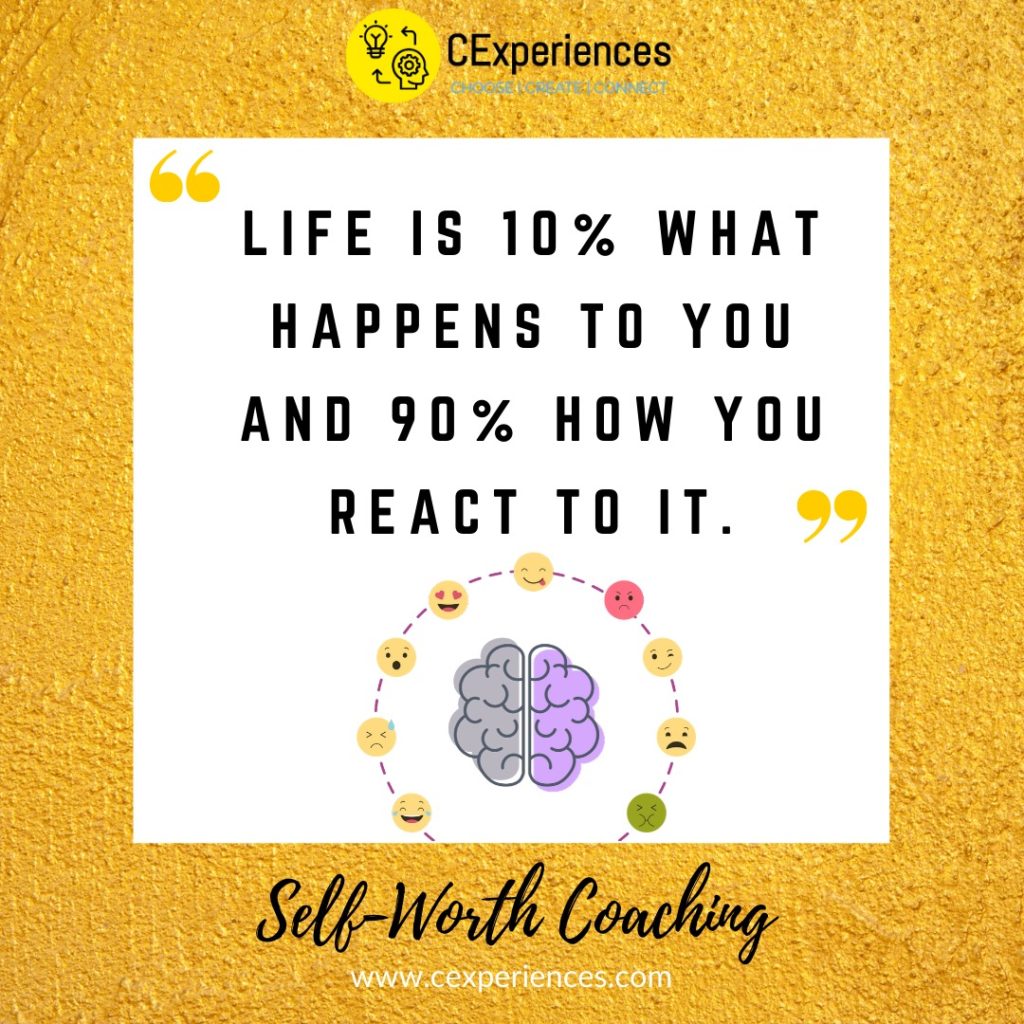
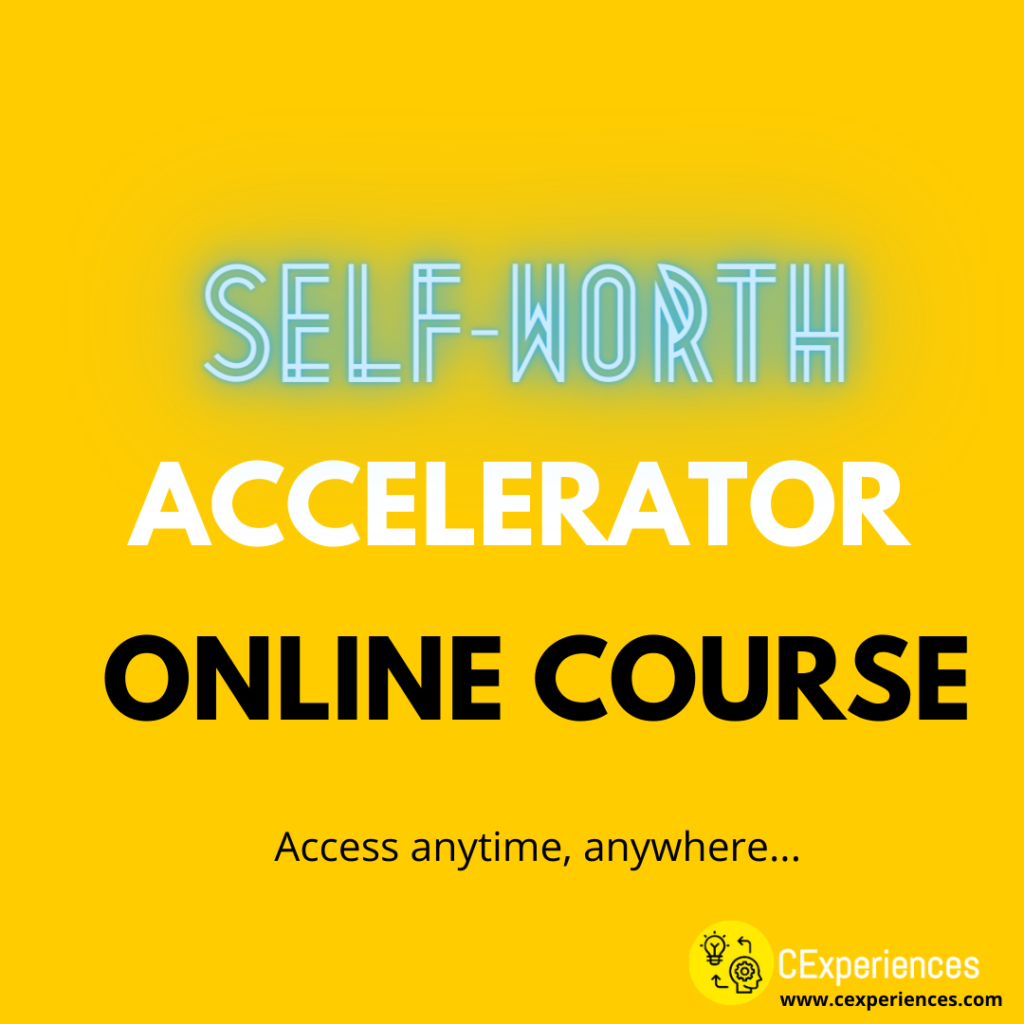
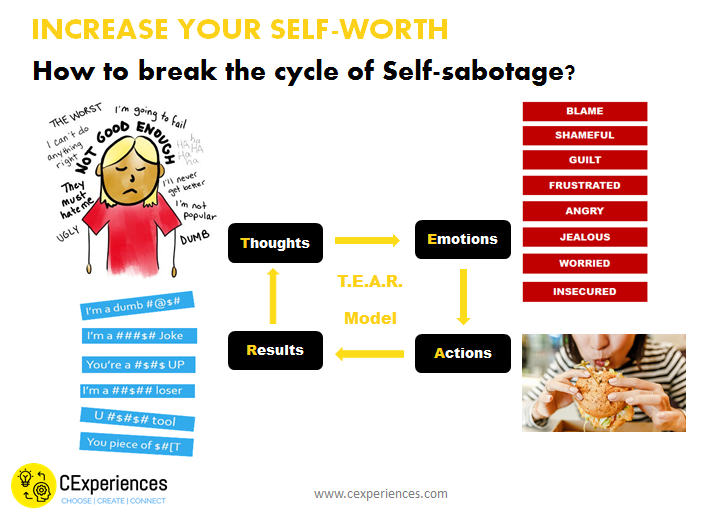
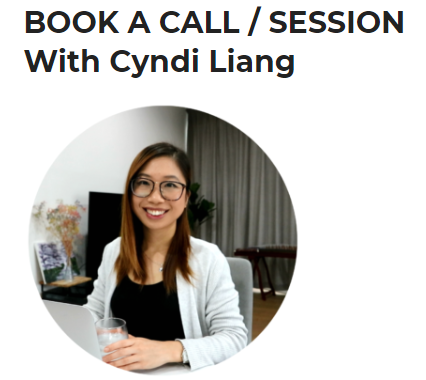
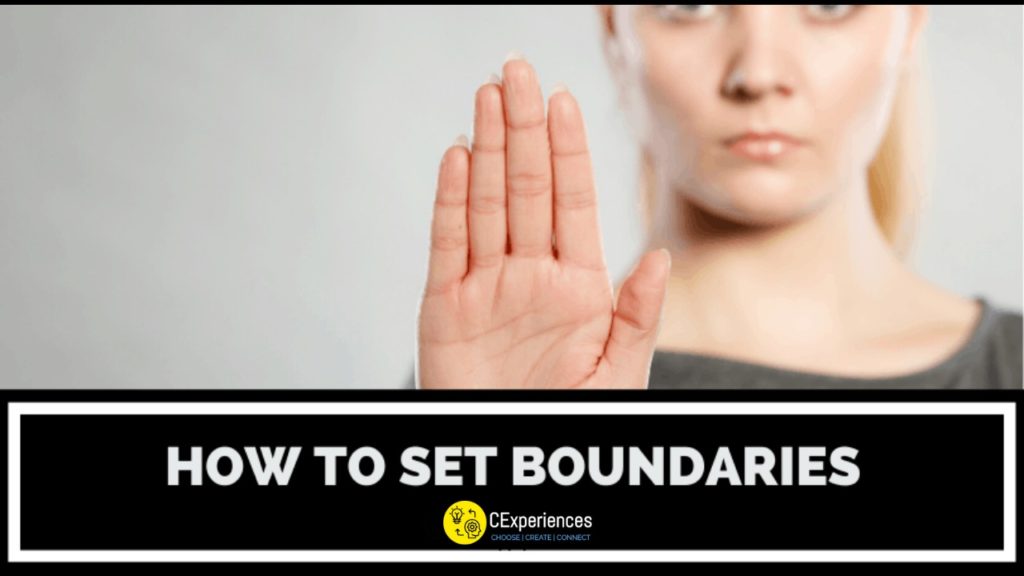
 Do you have a hard time standing up for yourself?
Do you have a hard time standing up for yourself?  NO BOUNDARIES = LOW SELF-ESTEEM
NO BOUNDARIES = LOW SELF-ESTEEM 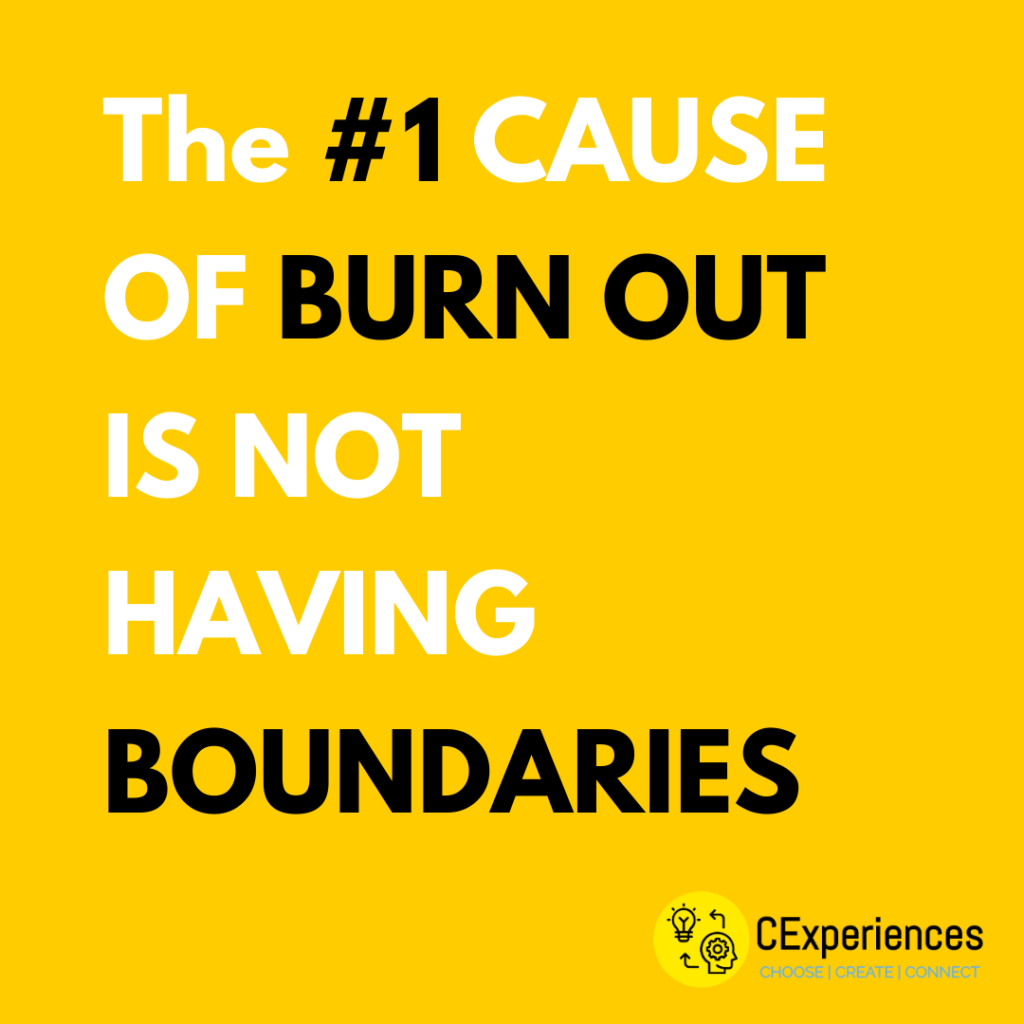
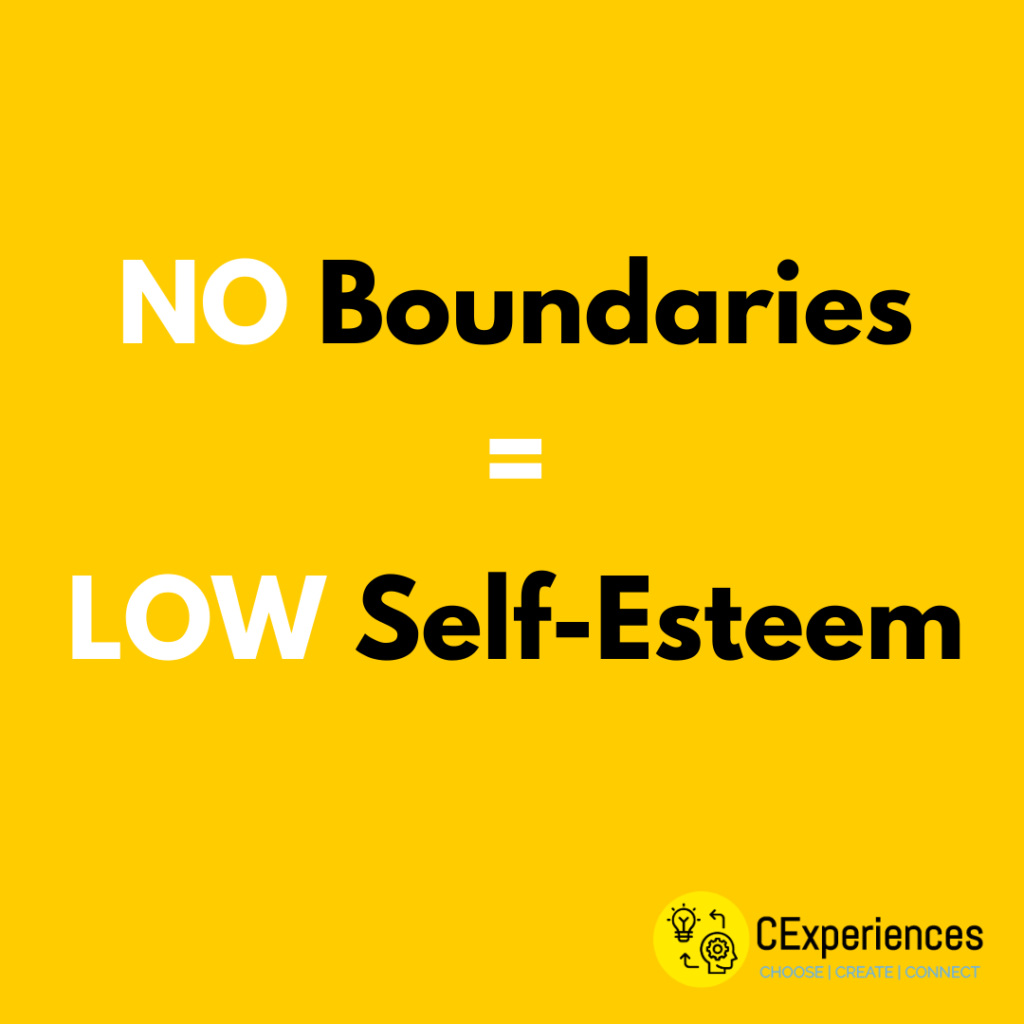
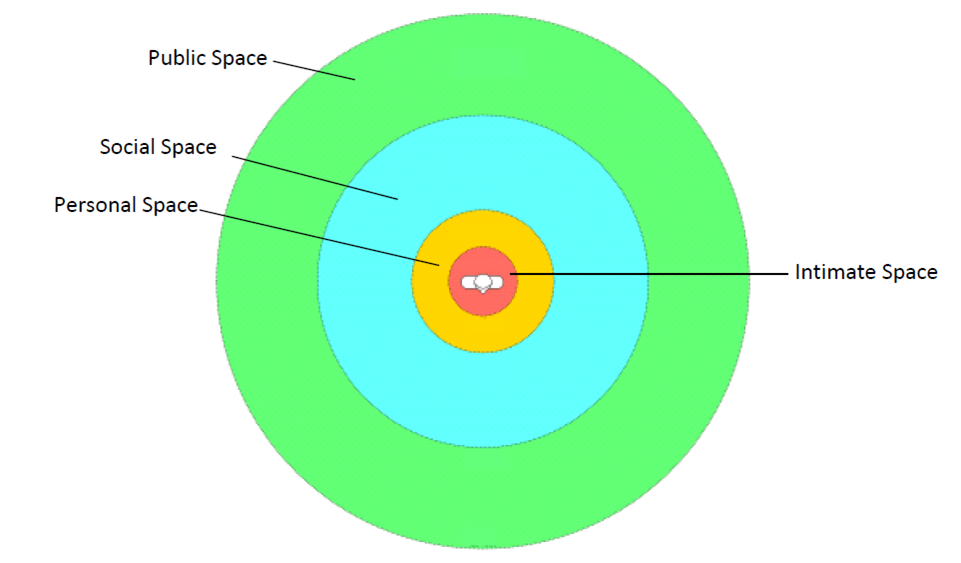
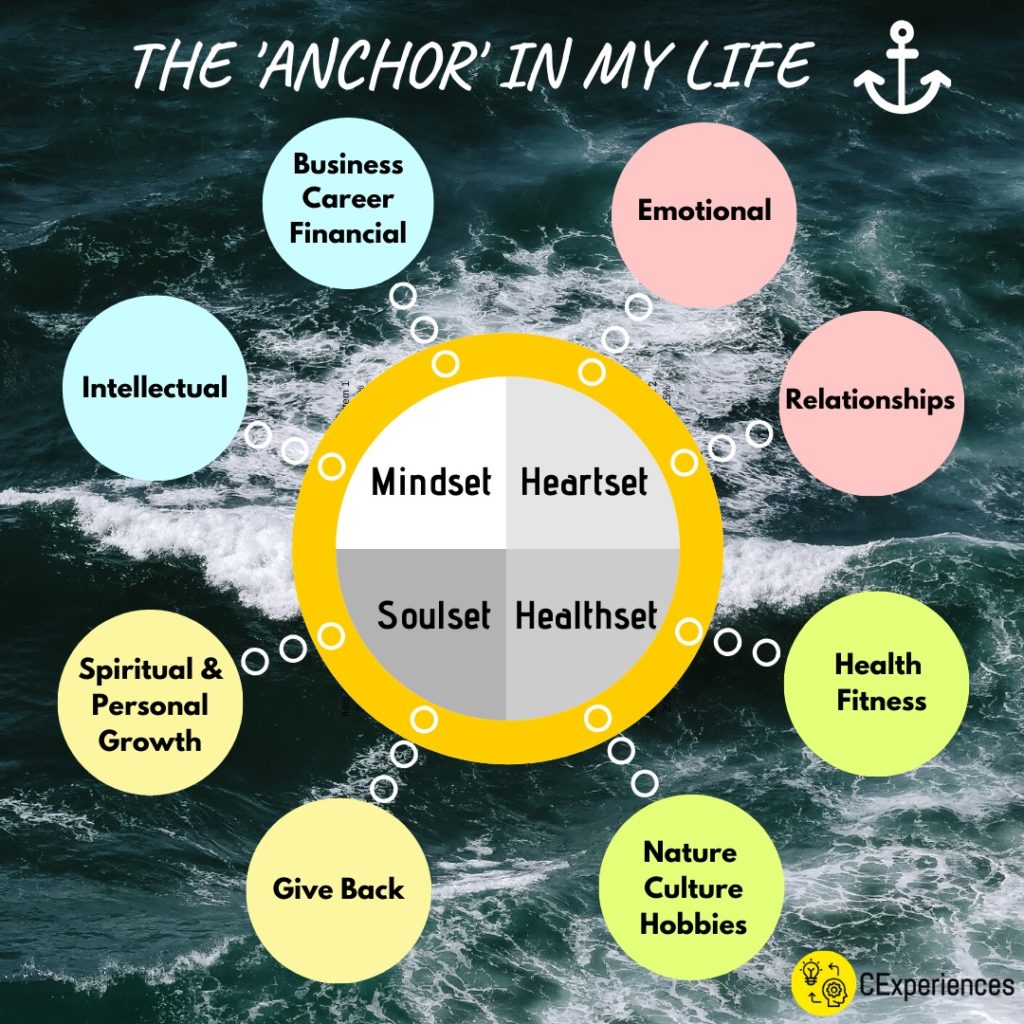
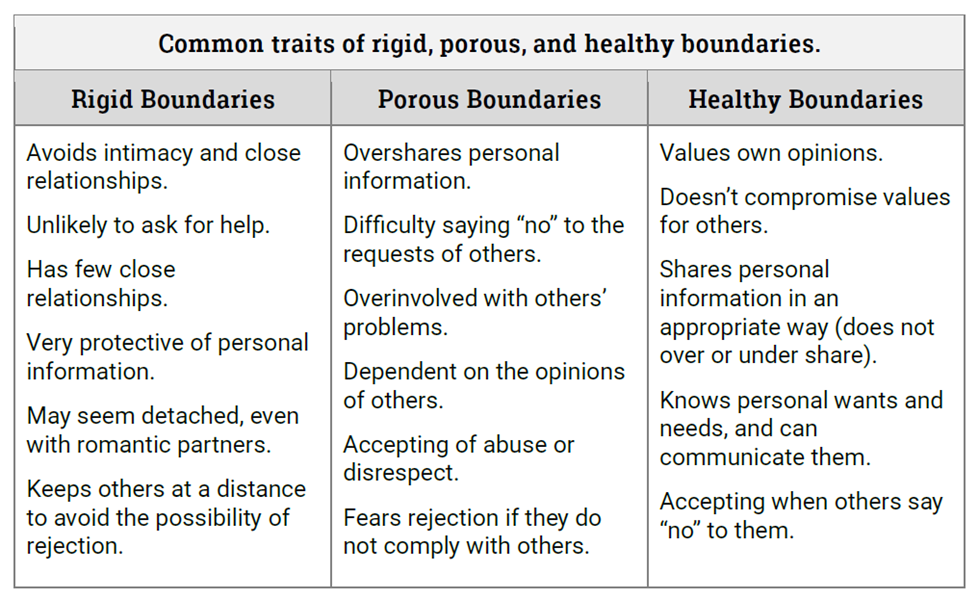


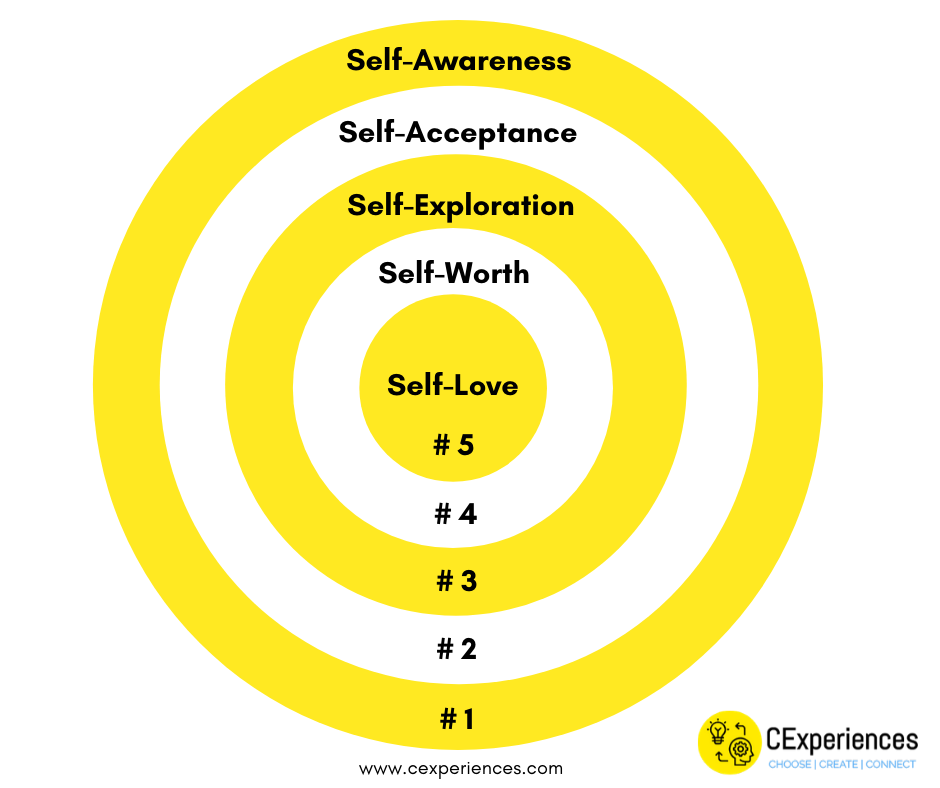
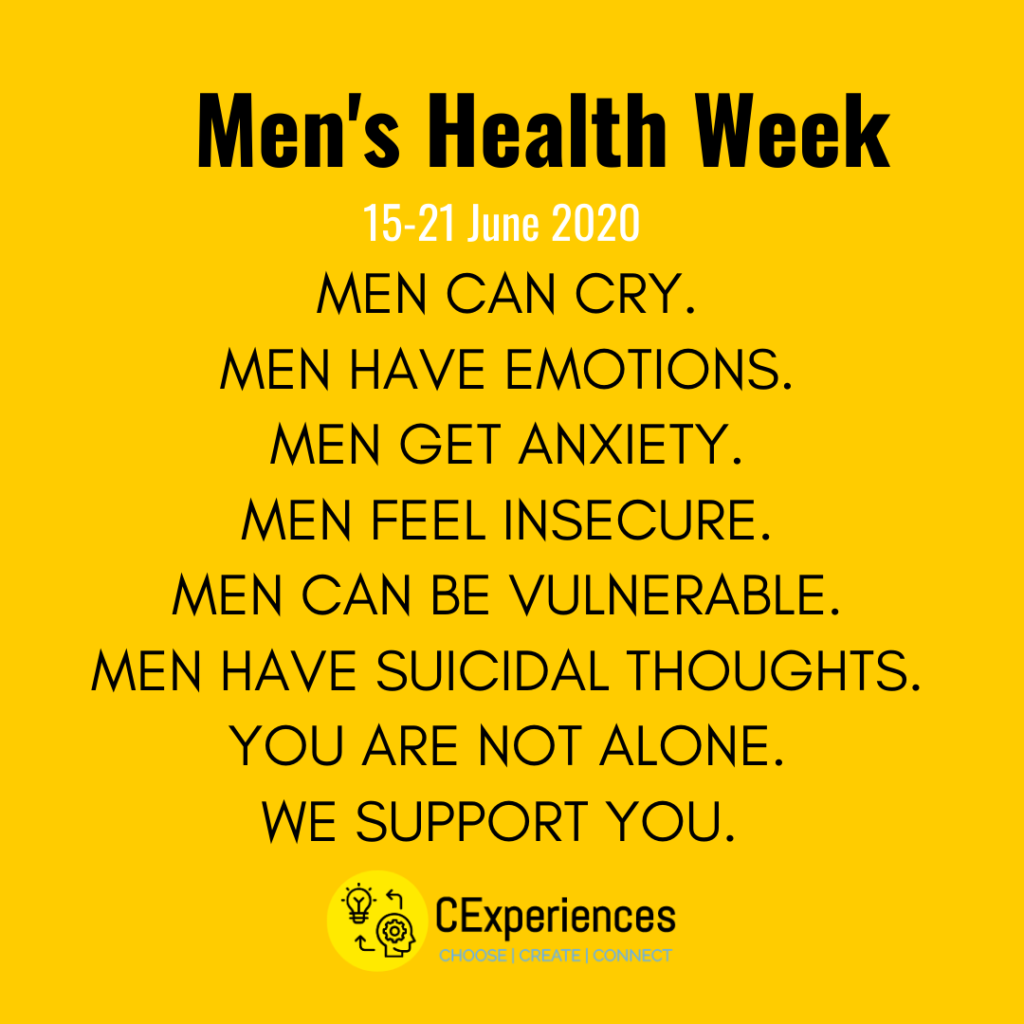
 Need 1-on-1 Support?
Need 1-on-1 Support? For a limited time, I’m offering a FREE 30-min 1-1 self-worth session.
For a limited time, I’m offering a FREE 30-min 1-1 self-worth session.